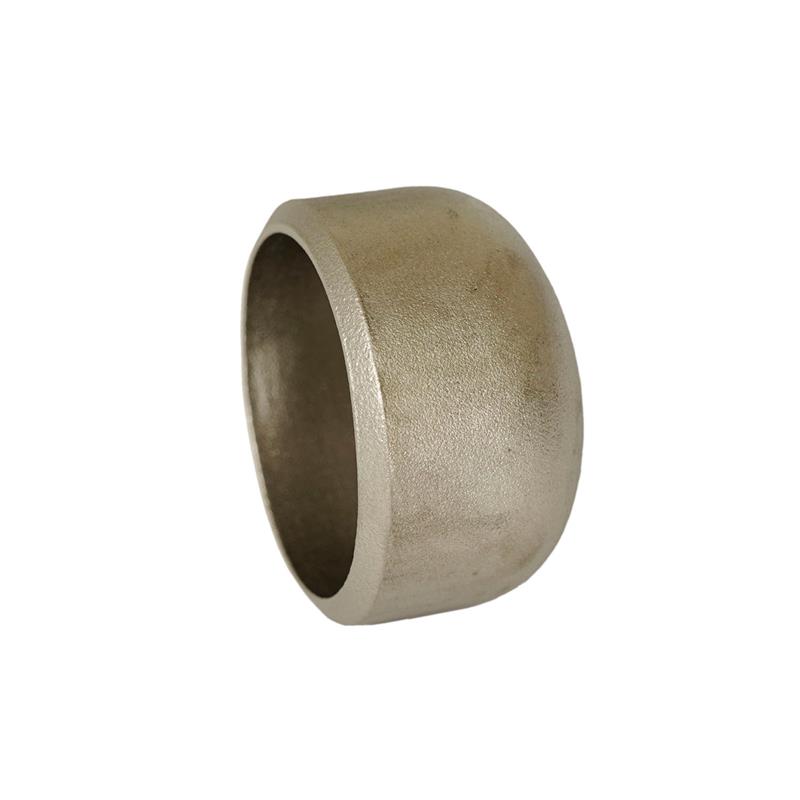Stainless Steel Caps: A Comprehensive Guide
Introduction
Stainless steel caps are essential fittings used in piping systems to seal the ends of pipes. They play a crucial role in preventing the flow of fluids or gases, ensuring the integrity and safety of the piping system. Widely used in various industries, including oil and gas, chemical processing, water treatment, and food and beverage, stainless steel caps are valued for their durability and corrosion resistance.
What is a Stainless Steel Cap?
A stainless steel cap is a type of pipe fitting that is designed to cover the end of a pipe. It is typically a solid piece that fits over the pipe’s opening, effectively sealing it off. Caps are available in various sizes and configurations to accommodate different pipe diameters and applications.
Types of Stainless Steel Caps
Standard Cap: This is the most common type, designed to fit over the end of a pipe. It provides a tight seal and is used in various applications where the flow needs to be stopped.
Threaded Cap: This type has internal threads that allow it to be screwed onto a threaded pipe. It is useful in applications where a removable seal is required.
Welded Cap: This cap is designed to be welded onto the end of a pipe, providing a permanent seal. It is commonly used in high-pressure applications.
Material Grades
Stainless steel caps are available in various grades, with the most common being:
- 304 Stainless Steel: Known for its good corrosion resistance and formability, suitable for a wide range of applications.
- 316 Stainless Steel: Offers superior corrosion resistance, especially in marine and chemical environments, making it ideal for more demanding applications.
- Duplex Stainless Steel: Combines the benefits of austenitic and ferritic stainless steels, providing high strength and excellent resistance to stress corrosion cracking.
- Corrosion Resistance: Stainless steel is highly resistant to rust and corrosion, making it suitable for harsh environments and ensuring longevity.
- Durability: These caps can withstand high temperatures and pressures, making them reliable in demanding applications.
- Versatility: Available in various sizes and configurations, stainless steel caps can be used in numerous applications across different industries.
- Hygienic Properties: Stainless steel is easy to clean and maintain, which is crucial in industries like food and beverage.
Advantages of Stainless Steel Caps
Applications
Stainless steel caps are used in a variety of applications, including:
- Oil and Gas: For sealing the ends of pipelines and equipment in exploration, production, and refining processes.
- Chemical Processing: In reactors, storage tanks, and piping systems where preventing leaks is essential.
- Food and Beverage: In processing equipment where hygiene and cleanliness are paramount.
- Water Treatment: For sealing pipes in treatment plants and distribution systems.
Conclusion
Stainless steel caps are vital components in the functionality and safety of piping systems across various industries. Understanding the different types, material grades, and advantages of stainless steel caps can help in selecting the right fittings for specific applications. Whether in oil and gas, chemical processing, or food production, choosing the appropriate stainless steel caps is crucial for ensuring the integrity and reliability of operations.
Maria
Post time: Jun-19-2025

